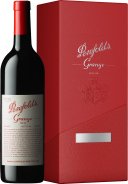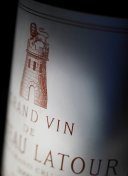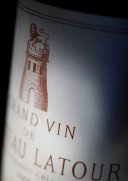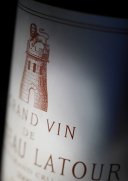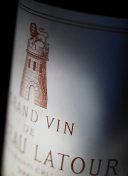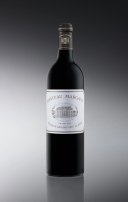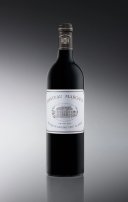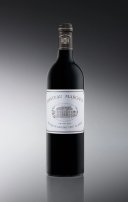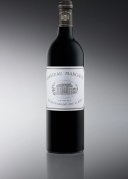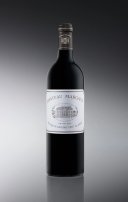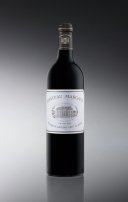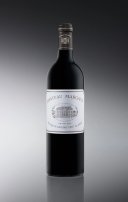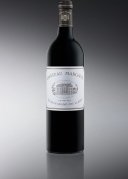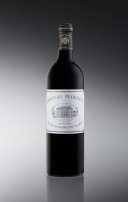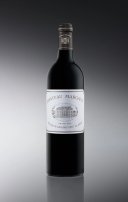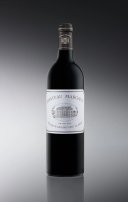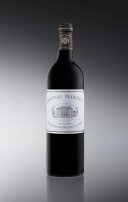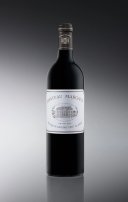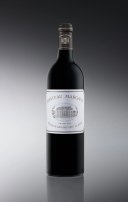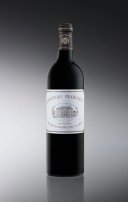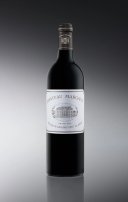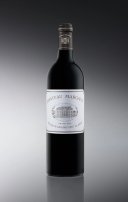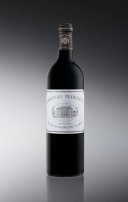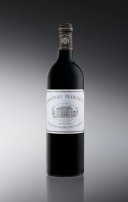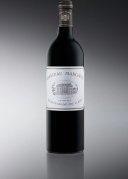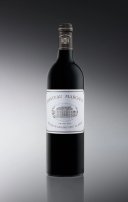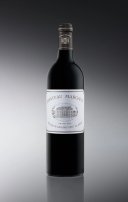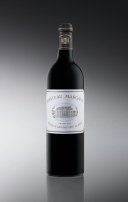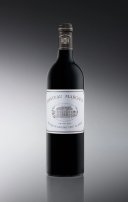Penfolds Bin 95 Grange Shiraz (Gift Boxed)
Penfolds has been a pioneer in the world of winemaking since its establishment in 1844 by Dr. Christopher and Mary Penfold. The company's success has been driven by a lineage of visionary winemakers who have pushed the development of the company to extraordinary, bold new heights. Mary Penfold's reign at the helm of Penfolds saw years of determination and endeavour, experimenting with new methods in wine production. In 1948, Max Schubert became the company's first Chief Winemaker and he propelled Penfolds onto the global stage with his experimentation of long-lasting wines - the creation of Penfolds Grange in the 1950s. Soon, the medals began flowing, and Grange quickly became one of the most revered wines around the world. In 2012, Penfolds released its most innovative project to date - 12 handcrafted ampoules of the rare 2004 Kalimna Block Cabernet Sauvignon. Today, Penfolds continues to hold dear the philosophies and legends that have driven the company's success since its establishment in 1844. Penfold's Grange is Australia's most revered wine, and its creation represents a distillation of Max Schubert's ambition for Australian wine. Schubert joined Penfolds as a messenger boy in 1931 and by 1948, he became Penfolds' first Chief Winemaker. In the latter part of 1950, Schubert was sent to Europe to investigate winemaking practices in Spain and Portugal. On a side trip to Bordeaux, Schubert was inspired and impressed by the French cellared-style wines and dreamed of making 'something different and lasting' of his own. Combining traditional Australian techniques, inspiration from Europe and precision winemaking practices developed at Penfolds, Schubert made his first experimental wine in 1951. In 1957, Schubert was asked to show his efforts in Sydney to top management, invited wine identities and personal friends of the board. To his horror, the Grange experiment was universally disliked and Schubert was ordered to shut down the project. Max continued to craft his Grange vintages in secret, hiding three vintages '57, '58 and '59, in the depths of the cellars. Eventually, the Penfolds board ordered production of Grange to restart, just in time for the 1960 vintage. From then on, international acknowledgment and awards were bestowed on Grange, including the 1990 vintage of Grange, which was named Wine Spectator's Red Wine of the Year in 1995. Today, Grange's reputation as one of the world's most celebrated wines continues to grow. On its 50th birthday in 2001, Grange was listed as a South Australian heritage icon, while the 2008 Grange vintage achieved a perfect score of 100 points by two of the world's most influential wine magazines. With every new generation of Penfolds winemakers, Max Schubert's remarkable vision is nurtured and strengthened. Penfolds Bin 95 Grange Shiraz is the benchmark by which all other reds in Australia and overseas are often measured. This wine has many reasons for its success, including concentration of flavour, complexity and longevity. Grange blossoms with 15 to 20 years of bottle age, when most other reds have passed their best and better vintages can live and continue developing for decades longer. The Penfolds Bin 95 Grange Shiraz 2019 is deep, dark and bright, the nose is automatically recognisable - formic and glacial higher notes - not quite as audacious as a fleeting perception of heady spirit (a la Cognac), and yet not just simple. Beneath, a more familial oaked nuttiness (hazelnut?) recedes to reveal aromas of black licorice/anise/black olive. A shroud of condensed glazed fruits surrenders to reveal a fresher disposition...a coulis of berries and stone fruits; boiled beetroot. Unsurprisingly wafts of coffee-grind, pan-scrapings/jus also ascend, hovering over a persistent base of cold lamb fat and marrow. Upon sitting, a sprinkle of lavender and exotic spices almost completes the aromatic package - well, at least for another minute or two. And then... Early days. On the palate there is cohesion, vigour, sheen, poise - four borders of a frame that structurally binds the lofty palate ambitions of this South Australian blend. Fresh and balanced. Neither exaggerated nor over-ripe - lively blueberry and other youthful blue/black fruits bely the maturation timeline of this alluring blend. Certainly befitting this style, unmistakable barrel-ferment characters are undoubtedly more pronounced on palate than nose. If the mid-palate is somewhat formidable (ably supporting a thick/dense core), by contrast the back-palate is creamy and caressingly endearing. Indeed, expansive and full-washing away all ahead of it. Certainly persistent. Texturally, chewy/grainy tannins and just-right acidity abet succulence and mouthfeel. Effortlessly handles 19 months in 100% new oak. Peak drinking 2029-2065.
Chris Ringland Shiraz
Chris Ringland Shiraz 2005 represents an outstanding expression from the vineyard. The vine is powerful, voluptuous and ripe, yet the tannins are plush and mature, with moderate acidity. This vintage will have great longevity potential.
La Landonne Guigal
La Turque Guigal
Domaine Dujac Morey St Denis
The 2012 Morey St. Denis is a gorgeous wine at this level. Dark red and black fruit notes flesh out on in a dense yet inviting wine loaded with depth, nuance and complexity. Sweet licorice and tobacco notes develop of time, but first and foremost the Morey is a wine of structure, length and gorgeous polish.
Château Léoville-Las-Cases Saint-Julien
Château Léoville-Las-Cases is classified as a 2nd Growth, but can rightfully claim to produce wines equal and superior to some 1st growths. Léoville's label (Grand Vin de Léoville du Marquis de Las Cases) doesn't mention the
Latour
Margaux
Château de la Tour Vieilles Vignes Clos Vougeot Grand Cru
Opus One Cabernet Blend
Opus One is the coming together of two of the world's supreme wine figures, Baron Philippe de Rothschild and Robert Mondavi. Opus One began its life in 1979 when Château Mouton Rothschild winemaker Lucien Sionneau and Robert Mondavi's son, Timothy made the partnership's first vintage. Their goal was to create a wine of unparalleled quality that reflected the traditions of both houses. The wine is French in style, but Californian in substance, Opus One is produced with the utmost attention to detail. The 2006 Opus One is a traditional Bordeaux style blend of Cabernet Sauvignon, Merlot, Cabernet Franc, Petit Verdot and Malbec. The wine shows saturated black fruit concentration with flecks of purple in the glass. The nose is one of dark chocolate, blackberry, smallgoods and rose petal. In the mouth, flavours of cassis and coffee with robust plum and cherry are only a small taste of how great this wine will become with careful cellaring.</p>
